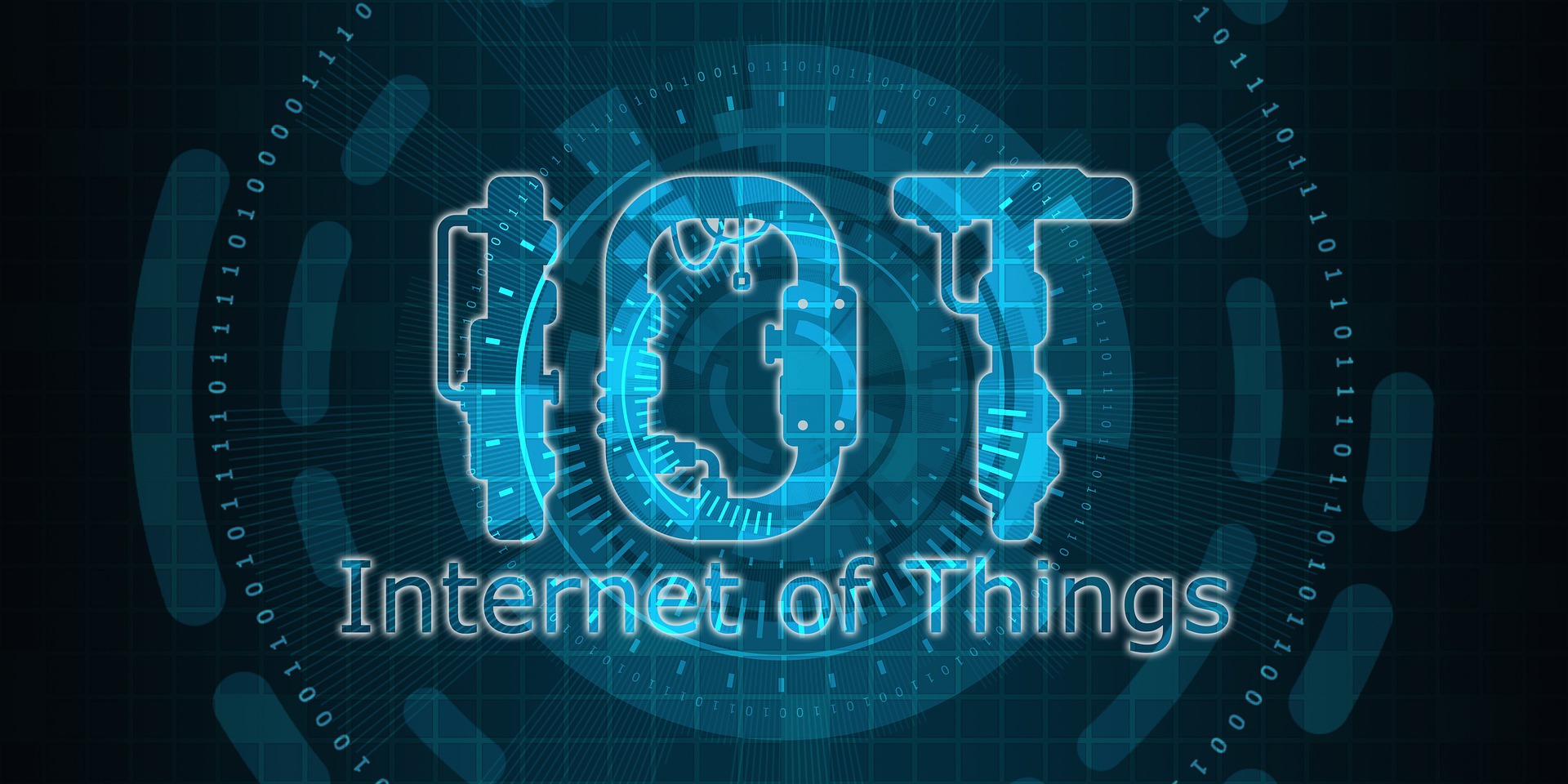The creation of brain implants would be a milestone for those who found themselves paralyzed because of accidents or diseases. Reports made by Financial Times via Világgazdaság have revealed that various university and corporate research laboratories in Europe and North America are developing computer implants using rapidly progressing neurotechnology with an interface to the human brain and central nervous system.
These brain-computer interfaces are intended to go beyond the neural obstacles that make it impossible for people with severe movement disorders resulting from accidents or illnesses ever to be able to walk, move, and speak again. Unlike conventional neurosurgery, which has implanted electrodes in the human brain for decades to treat Parkinson’s disease and other movement disorders, the collection and export of signals from the brain is still in its infancy.
Table of Contents
The Potential Impact of Brain Implants
Rafael Yuste, the director of the Neurological Institute at Columbia University in New York, is confident that this technological breakthrough will determine a new era in human civilization. “For the first time, we have technology that can change the essence of our personality by accessing the brain, the organ responsible for all our mental and cognitive abilities,” Yuste said.
There should be a very high scale of potential demand for patients under treatment for the technology. But before the implants are used on an inclusive clinical development basis and in medical applications, the labs need to confirm more evidence on the effectiveness and safety of the tests.
Present State of Brain-Computer Interfaces
Brain-computer interfaces are designed to restore all lost motor functions by directly interlinking a human brain to peripheral devices. Such machines could read an individual’s mind and consequentially translate thoughts into actions for a machine limb or even produce speech for someone who had lost speech.
One of the most significant challenges concerning effective BCI development is ensuring that the extracted brain signals are accurate and reliable. It requires complex algorithms or machine learning methods applied to patterns of neural activity within the brain.
Ethical and Safety Considerations
The potential benefits of BCIs are enormous, but there are also significant ethical and safety concerns. Any device implanted in the human brain is risky, with long-term consequences still not fully comprehended. Besides, the possibility of changing cognitive functions raises profound ethical questions about identity and personal autonomy.
Future Directions
Even in the face of these challenges, the field is growing rapidly. Researchers are very optimistic that within the next ten years, we will see BCIs as a standard treatment for paralysis and other neurological disorders. With constant improvement of technology and also with strict tests related to their ethics, the full benefit of such innovations can be realized.
In general, computer brain implants will serve to revolutionize the treatment of paralysis and other severe neurological conditions. As research progresses, humanity is a step closer to a future in which people inflicted with such conditions may have their mobility and independence restored, substantially enhancing the quality of life. The way from the laboratory bench to clinical application is likely to be long and full of tribulations, but the potential rewards speak for its pursuit.
Vanguard 1: Earth’s Oldest Artificial Satellite May Soon Return to Earth
In an exciting move that could reshape the history of space exploration, the United States is consid…
Technology Terms Explained
The technology world is full of acronyms and specialized terms, including essential Technology Terms…
IoT Trends to Watch in 2025
The Internet of Things (IoT) continues to reshape industries, revolutionize homes, and enhance daily…


